The German government has officially announced plans to restart the electric vehicle (EV) subsidy program with a total budget of 3 billion euros (about 3.5 billion USD), lasting until 2029. This move aims to revive the slowing electric vehicle market and support the domestic auto industry.
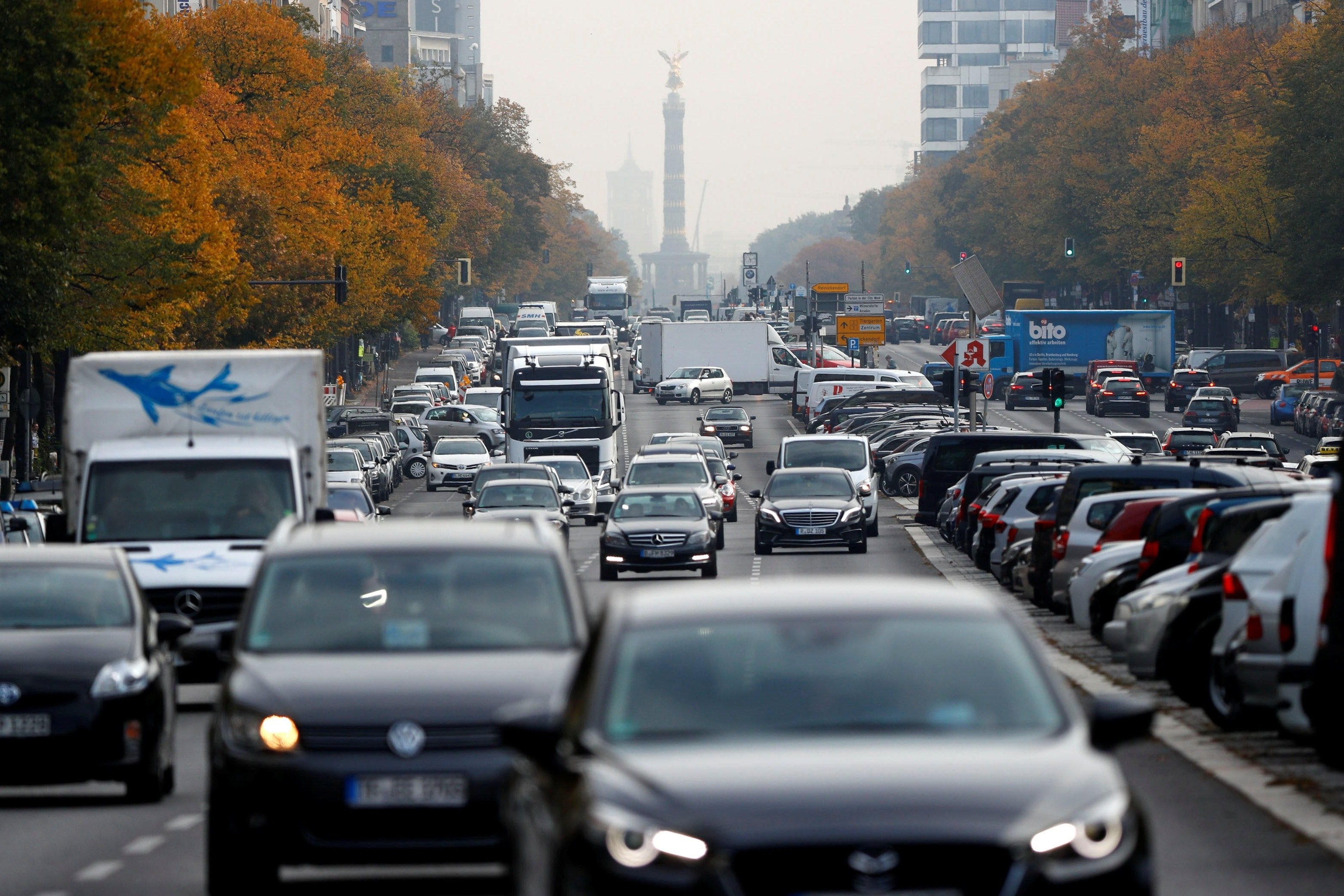
Stricter conditions, clearer goals
The new program, which is expected to come into effect on January 1, 2026, will have stricter rules than before. The main goal is to target support to low- and middle-income households and small businesses. The maximum amount of support per eligible case is 4,000 euros (about $4,700).
Key changes in policy include:
- Car price cap: The price cap on subsidized cars has been slashed from 65,000 euros to 45,000 euros (about $52,500).
- Income limit: The scheme will impose a limit on the annual income of the buyer, expected to be around 45,000 Euros, to ensure the subsidy reaches the right people.
- Applicable vehicle types: Only pure electric vehicles (BEVs) are eligible, plug-in hybrid vehicles (PHEVs) have been excluded from the support list.
- Expanding to used cars: For the first time, the program is extending its incentives to used electric cars, a move aimed at increasing accessibility to more users.
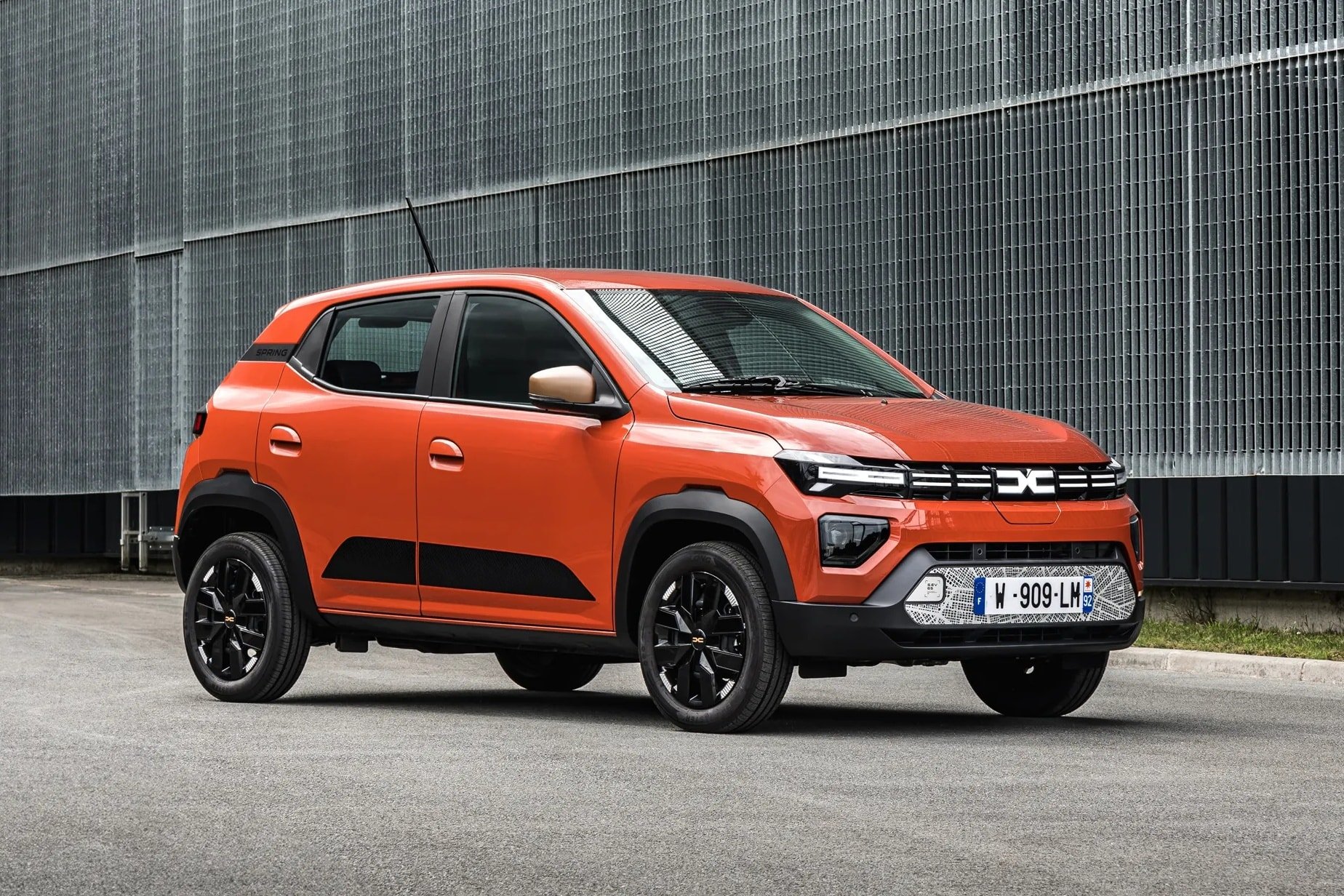
Industry response and related proposals
The German automotive industry association (Verband der Automobilindustrie - VDA) welcomed the government's move, but also expressed concern that prolonged discussions on details could delay consumers' purchasing decisions, negatively affecting the market in the short term.
Meanwhile, the German Automobile Club (Allgemeiner Deutscher Automobil-Club - ADAC) expects the government to introduce additional incentives. ADAC proposes extending the motor vehicle registration tax exemption for electric vehicles until 2035 to create long-term stability. Currently, electric vehicles registered before the end of 2025 are exempt from this tax until 2030. Under the new plan, vehicles registered between 2026 and the end of 2030 will be exempt from the tax for up to 10 years, but not beyond 2035.

Market context and expectations
The decision to restore subsidies comes amid a slump in demand for electric vehicles in Germany and Europe, with many manufacturers and parts suppliers announcing plans to cut tens of thousands of jobs related to the electric vehicle sector.
With tighter regulations and targeted targeting of specific user segments, the German government hopes the new subsidy package will provide a sustainable boost to the market, accelerate the transition to zero-emission mobility and strengthen the position of the domestic auto industry.
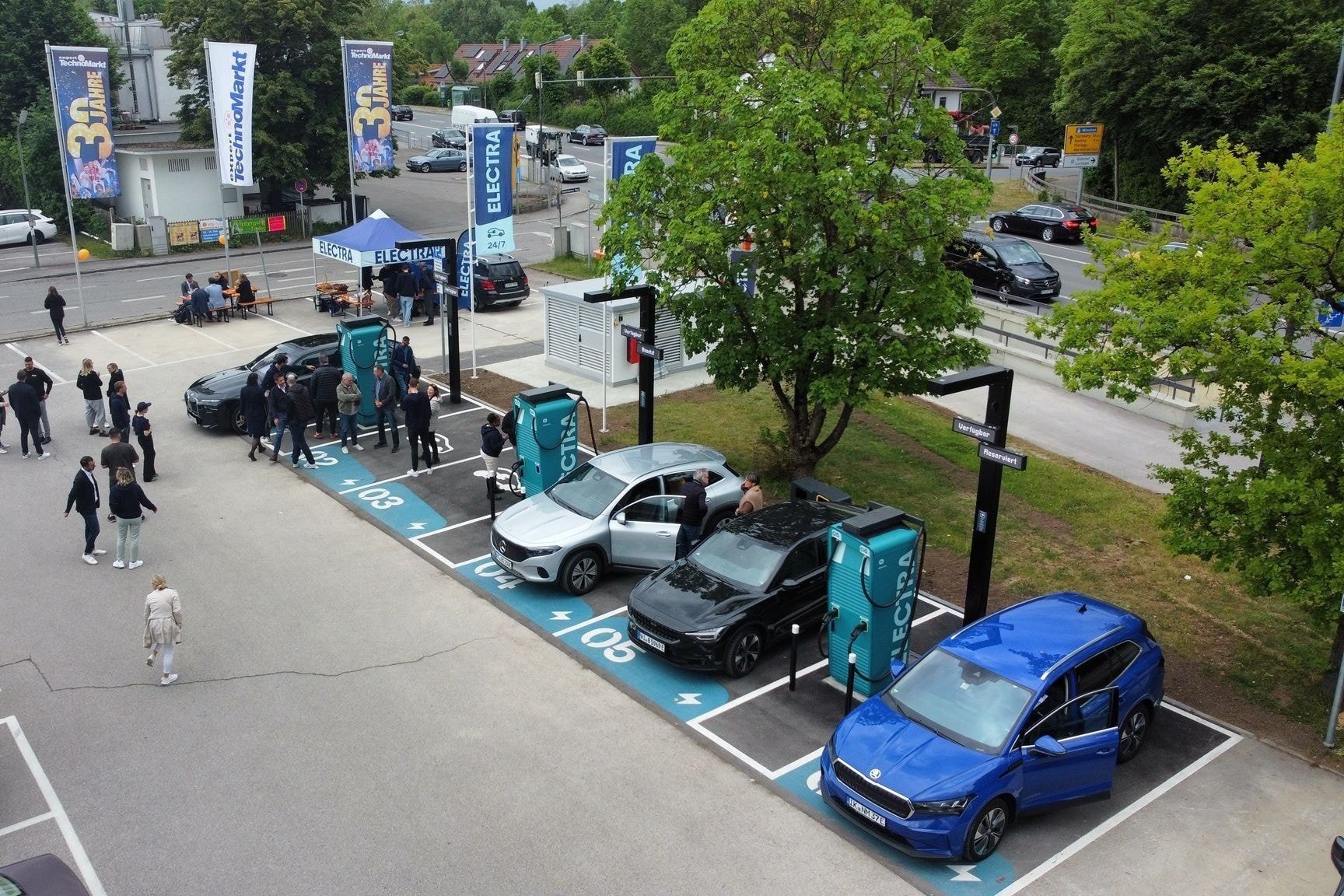
Source: https://baonghean.vn/duc-tai-khoi-dong-tro-cap-xe-dien-voi-quy-dinh-khat-khe-hon-10308488.html




![[Photo] National Assembly Chairman Tran Thanh Man attends the VinFuture 2025 Award Ceremony](/_next/image?url=https%3A%2F%2Fvphoto.vietnam.vn%2Fthumb%2F1200x675%2Fvietnam%2Fresource%2FIMAGE%2F2025%2F12%2F05%2F1764951162416_2628509768338816493-6995-jpg.webp&w=3840&q=75)


![[Photo] 60th Anniversary of the Founding of the Vietnam Association of Photographic Artists](/_next/image?url=https%3A%2F%2Fvphoto.vietnam.vn%2Fthumb%2F1200x675%2Fvietnam%2Fresource%2FIMAGE%2F2025%2F12%2F05%2F1764935864512_a1-bnd-0841-9740-jpg.webp&w=3840&q=75)
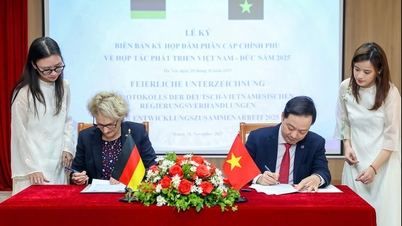

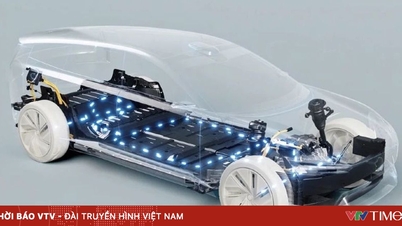





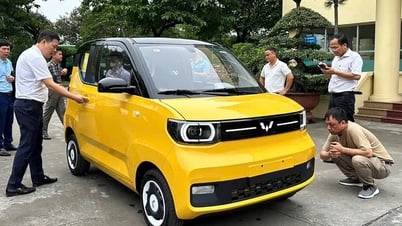













































































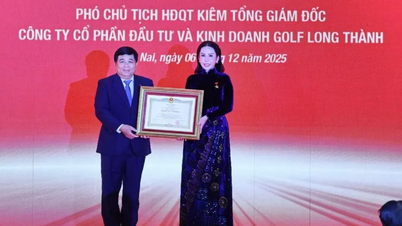

















Comment (0)